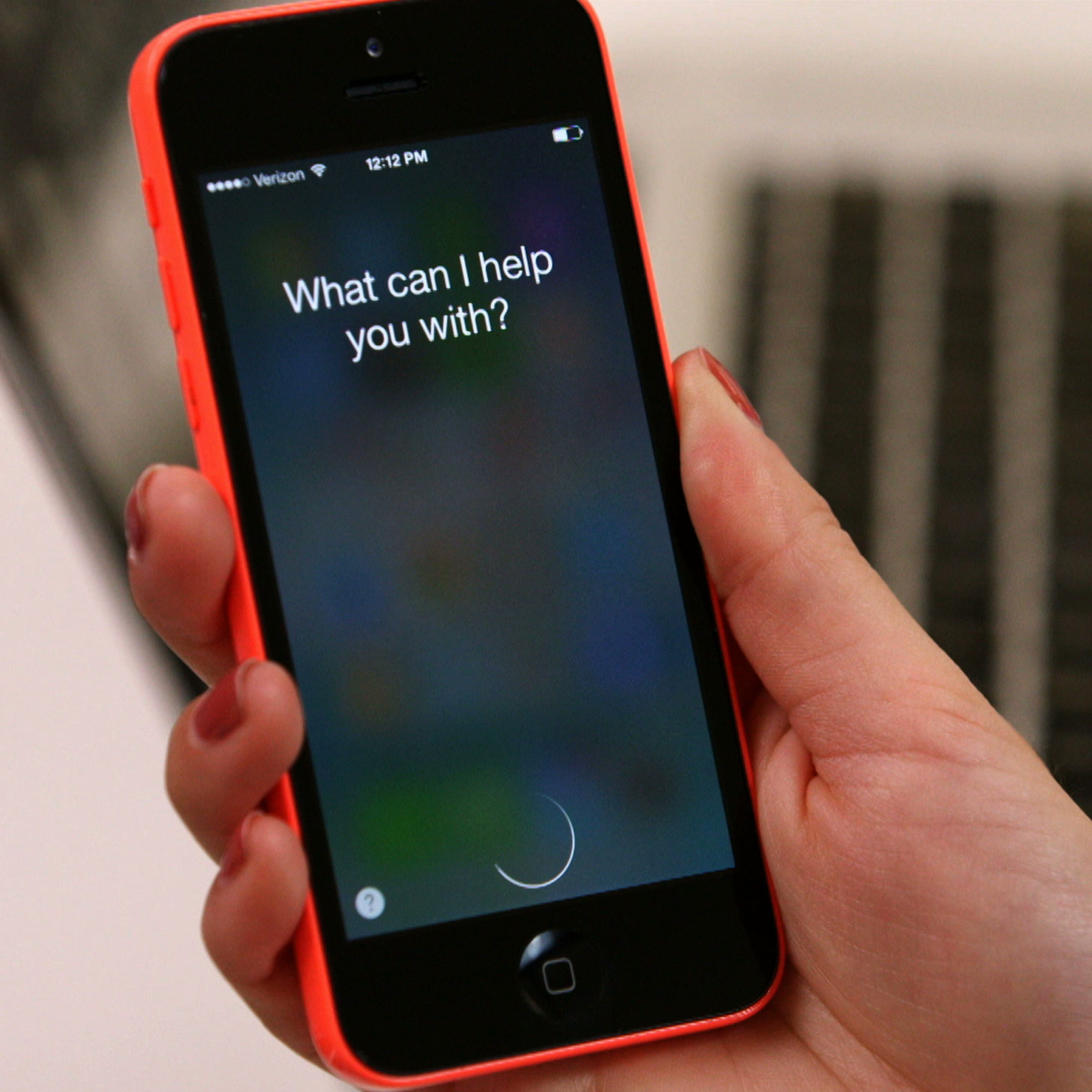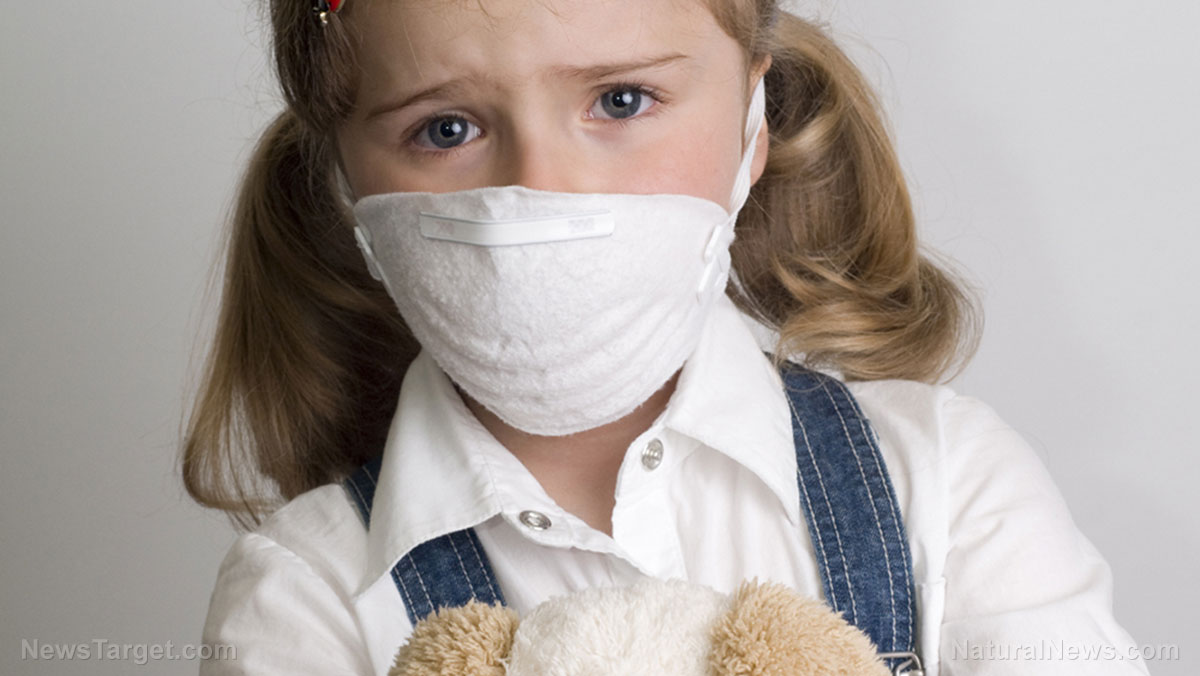
American orthopedic surgeon, Dr. Lee Merritt, went on the Dr. Hotze Report and spoke with Dr. Steve Hotze on Brighteon TV about the use of masks, vaccines as biological warfare, and more.
According to Merritt, masks are useless: she said that 97 percent of particles go through masks, so they still do not help control viruses. Moreover, she argued that masking children "damages" them in many ways, and that they will carry "life-long problems" due to masking.
Masking impairs how we read emotions
Understanding emotions is important for social interaction, and masks obstructing the face can influence the way humans can infer emotions by observation. It is especially pronounced in children ages three to five years old, and can affect the development of their social and emotional reasoning.
Children begin to understand different emotional states early in infancy. For instance, at four months, they begin to discriminate facial movements that are associate with anger or happiness. Later on, they begin to discriminate surprise, and then they can learn to differentiate the different intensities of emotions.
Within their first year, they begin to engage in social referencing; by the second year, they develop more abstract concepts.
Further, Merritt says that children may be developing germaphobia, among other things. Children may be experiencing a lot of anxiety about germs, especially when social distancing has become the norm. Not only that, the way the COVID-19 is being handled, Merritt believes that society is giving children generalized fear of the world around them.
In previous interviews, Merritt also said that she strongly believes in using hydroxychloroquine (HCQ) as one of the best treatment options for COVID-19, adding that doctors in the U.S. should be prescribing it.
The Food and Drug Authority (FDA) issued an Emergency Use Authorization for hydroxychloroquine sulfate and chloroquine phosphate in hospitalized COVID-19 patients. (Related: New interviews with Dr. Lee Merritt, Dr. Chris Shaw and Reiner Fuellmich reveal astonishing information about vaccine crimes against humanity.)
Preliminary studies also suggested that HCQ may fight COVID-19. There are possible effects that could be related to its function in the treatment of COVID-19 patients, mainly that it is anti-viral, anti-inflammation and anti-thrombotic.
However, not all patients are suited for taking HCQ against COVID-19. During the asymptomatic and early mild symptomatic stages, researchers believe that if specific adaptive immune responses are developed, the virus can be eliminated, and there is no reason for the disease to progress to the severe stages. Thus, boosting immune responses in patients in the early-stage or mild stage of the infection is key in preventing the progression of the disease.
Recent literature also pointed to the possibility that the number of asymptomatic infected proportions of a population can be larger than expected.
In severe stages of infection, inflammation is critical and leads to tissue damage in the lungs. Researchers propose that the anti-inflammatory and immunomodulatory effects of HCQ may have therapeutic effects in COVID-19 patients.
A separate report also assessed the efficacy of HCQ in SARS-CoV-2 positive patients, and showed that time to clinical recovery, body temperature recovery time, and cough remission time, are reduced in those who have been treated with HCQ. Additionally, faster resolution of pneumonia was also reported in 80.6 percent of patients.
HCQ is seen to be suitable in treating COVID-19 as it has decreased toxicity with high efficacy. It is well-tolerated, however, there are common adverse effects that have been reported due to long-term exposure, such as gastrointestinal disorder, skin rash, retinopathy, blurred vision and cardiac toxicity.
Because of its accessibility, effectiveness, and tolerability, HCQ gained increased attention in treating COVID. Treated patients showed reduced disease severity, improved radiological findings, quicker virus clearance, and earlier recovery.
Listen to the many other points Dr. Merritt raised in the discussion below. The Dr. Hotze Report airs on BrighteonTV on Mondays, 5 to 6 PM.
Get more COVID-19 related updates at Pandemic.news.
Sources include:
Please contact us for more information.



















